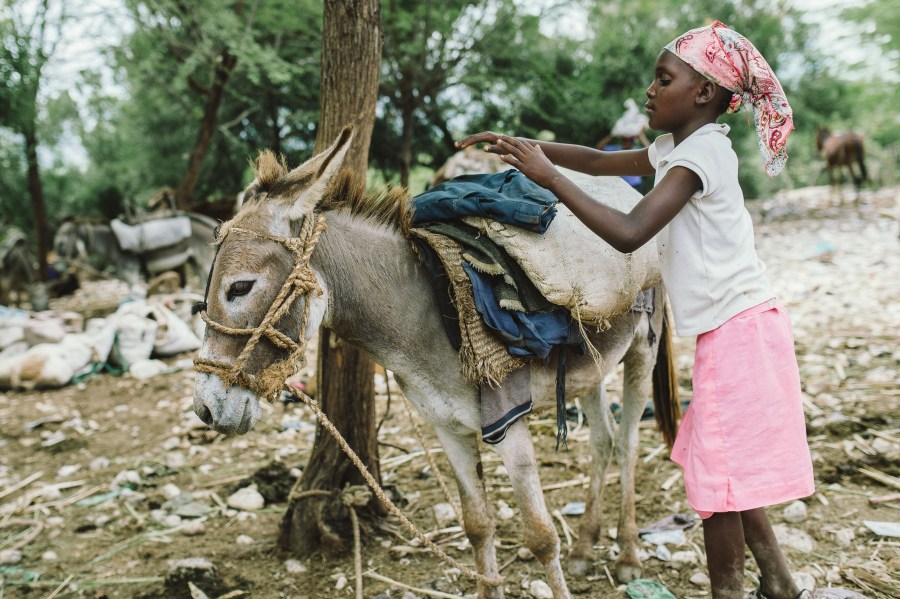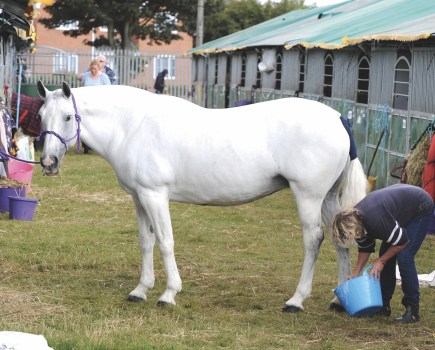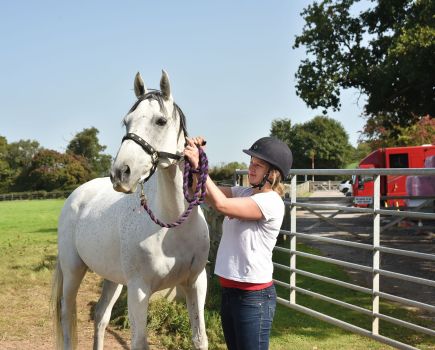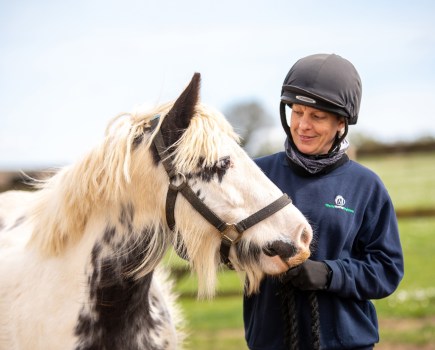World Horse Welfare recently completed its community-based project in Haiti and has reported that over 2,000 owners and 2,000 equines have been helped directly through the initiative. In addition, the training of 35 Community Based Equid Advisers (CBEAs) means that many more Haitians and their horses will be supported by the legacy of this project into the future.
Families living in rural Haiti, the third largest and most populous Caribbean country, rely on their equines for day-to-day life. These animals undertake agricultural roles, carry children to school and transport the sick. There are less than than 40 trained vets on the whole island of more than 11 million people and days lost through equine sickness, injury or lameness has an immediate knock-on effect on their owners’ livelihoods.
The trained CBEAs are able to share their knowledge with local communities, increasing the number of days that equids are able to work by correctly treating wounds and other health issues and improving the handling the animals receive. Now ended, the project’s legacy will continue thanks to the increased expertise around saddlery, horse care and handling and veterinary treatment, directly benefitting equids and their owners in the area.
World Horse Welfare worked with in-country partner agency Fondation Quatre Pattes since 2013 and in 2019 launched a UK Aid Match appeal, where the UK government matches every £1 raised by the British public, to help deliver a project to make a difference to Haitians and their equids.
“The money raised allowed us to expand our existing work in Haiti even though the project delivery would be challenging due to the island’s turbulent and unstable security situation,” said a World Horse Welfare spokesman. “Even worse, early into the project Covid-19 hit to further complicate matters.”
To find out more and to support World Horse Welfare’s work, click here.









